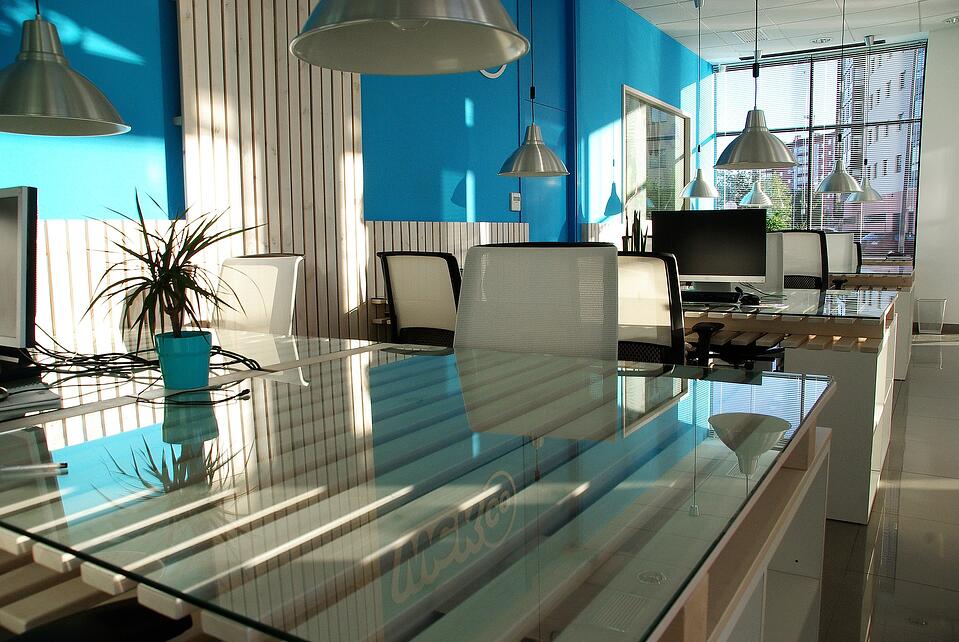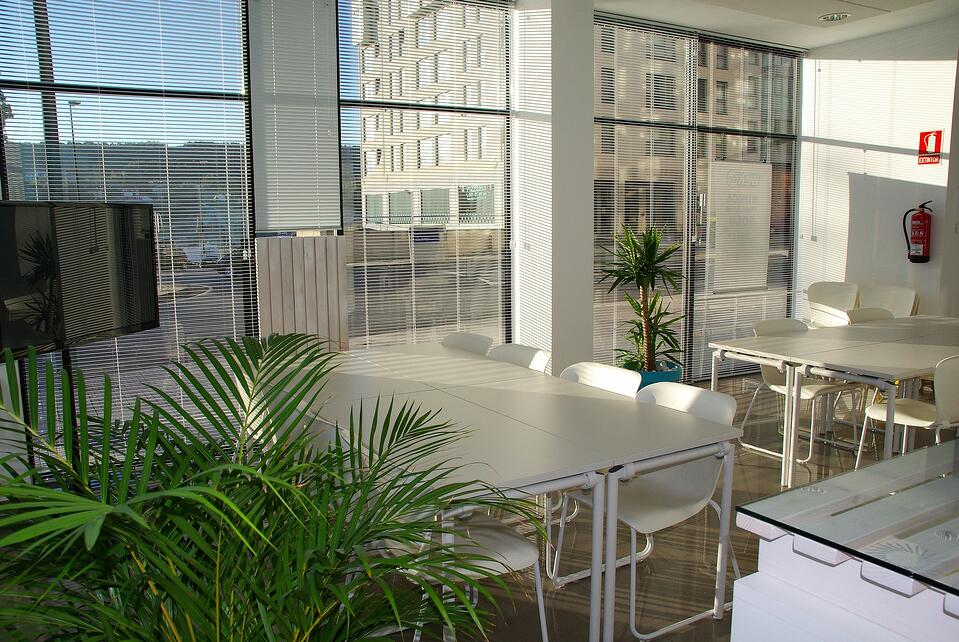The Coworking market is growing 15 % per year, but is still only 3% to 5% of the office market in many cities. Because coworking is still in its early days, as a flexible office space operator it is vital that you reach out to the target market that is the best fit for your space, in order to develop a profitable, effective coworking business. We wrote this piece to help coworking operators do just that: Find Your Target Market.
Learn about Upsuite’s Coworking Marketing Solutions
What types of coworking spaces are you marketing?
Marketing a coworking space is about so much more than the number of individual desks or private offices. Those who are shopping around for coworking space are looking for a variety of features when comparing flexible work environments. They may need:
- An office for one or two remote workers with built-in video conferencing capabilities.
- A variety of on-demand office spaces for executives or other employees who travel.
- Remote office space for short-term special projects or initiatives.
- Space that can grow for a small team.
- Space that is highly flexible and variable on-demand, offering private offices, conference rooms, training spaces, and event space.
- Office space that offers additional amenities and services including on-site reception, catering, and tech support.
What types of people are most likely to use coworking spaces?
Developing a coworking marketing plan that communicates your location, amenities and services to the types of users it is best for will help you keep your current space leased and even identify avenues for future growth.
Remote Workers / Freelancers
This is the target market for coworking space with which many people are familiar — a solopreneur or remote employee who simply needs desk time for a few hours a day or a few days each week. While some of these individuals will simply need any available desk, others may have additional space considerations, like a conference room or flexible office for client meetings or collaborations.
While you may think of many remote workers as service providers, more and more CEOs and COOs are demanding the flexibility of a remote office in order to streamline their own creative process and provide additional work-life balance. In addition, CEO influencers can use video conferencing suites and podcasting studios in order to create the digital marketing content that drives their business’s growth.
Small companies / teams
Small companies and teams make up a growing part of the coworking space market. They may require a block of semi-private office spaces with one private office for the team lead or, depending on the industry, they may prefer to work in a collaborative space like a conference room.
The flexible terms offered by coworking operators are ideally suited to the way small companies and teams operate. Because they may require different types or sizes of space at different times, or may only need space for a limited time, coworking and flexible office spaces are an ideal choice.
Corporate clients
Corporate clients are the largest and fastest growing consumers of coworking and flexible offices. Corporate clients today face a number of challenges in recruitment that can be solved with the use of flexible workspaces. Everything from attracting new employees by allowing them to work near where the live, creating collaborative spaces for teams and special projects, or providing remote workspaces for employees who are temporarily out of town on special assignment — all of these may require the use of a remote workspace.
What industries are most likely to use coworking spaces?
The coworking space market size is growing due to the adoption of flexible office spaces by some of the country’s most dynamic industries.
Software Developers and IT Services
Whether providing spaces for team collaboration or for individual coders and developers, software companies seek out remote workspaces for their advanced tech infrastructure, in-house conferencing capabilities, and flexible space availability.
Financial and Legal Services
Many lawyers and financial planners spend a great deal of time either researching and writing or working with clients — not both. Rather than paying for a large office with reception, conference, and private office spaces, a coworking space can offer these only when needed — cutting costs and optimizing convenience. Additional space adjustments can be made for busy seasons, like tax time, versus slower times of year.
Marketing and Advertising Services
Many creative service industries require a variety of spaces to make their businesses run — from private offices to collaborative environments to event spaces for press conferences or product launches. In addition, they may require in-house catering or other services. Any or all of these can be found more affordably in a coworking space.
Emerging industries
Emerging industries, like cloud-based businesses or financial tech firms, require a heavy-duty technical infrastructure plus capabilities for video conferencing or digital media marketing. Rather than renting an expensive traditional office suite and outfitting it for their specific needs, these companies can find everything they’re looking for already installed in a high-tech enabled coworking space.
What is the number one criteria for choosing a space?
According to our latest member survey, location is the number one determining factor when choosing a coworking or flexible office space — by a large margin. About 76% of those surveyed identified location as Very Important in their decision making.
Of course, this makes sense since so many of those who are looking for coworking spaces are motivated either by their role as remote employees or as business leaders seeking to create an office space that is convenient for their local employees.
In addition, we are entering a new job market driven by Millennial professionals who value self-care and work-life balance — something that’s hard to find with long commutes and inconvenient work locations. The coworking space target market, then, is made up of those who are prioritizing convenience and location over other considerations.
Digital marketing for coworking spaces should be geographically optimized in order to ensure that you are reaching the ideal audience in your local market. In addition, explore testimonials and referral incentives to turn your satisfied current members into a source of future growth.
Find out how Upsuite can help you identify and communicate with your target market for your coworking and flexible office business.





This Post Has 0 Comments